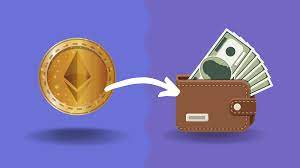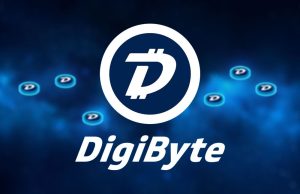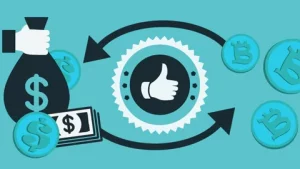When I first delved into the cryptocurrency landscape, it was a world brimming with potential, mystery, and uncertainty. It was a winter evening, and as the snowfall painted everything white outside my window, I stumbled upon UMA coin exchange — a coin that would later play a pivotal role in my crypto endeavors.
UMA, which stands for Universal Market Access, was more than wasn’t just another cryptocurrency. It presented a unique framework for creating synthetic assets on the Ethereum blockchain. The more I learned about it, the more intrigued I became.
Discovering UMA
I was initially introduced to UMA during an online webinar. The speaker, a prominent figure in the DeFi (Decentralized Finance) community, passionately described UMA’s potential. Creating custom collateralized contracts that track virtually anything without on-chain price feeds was revolutionary. This meant lower risks and reduced vulnerabilities to price manipulation. It was clear that UMA wasn’t just another coin; it was a platform for boundless innovation.
My First UMA Purchase
I remember the day I bought my first UMA coins. It was on a renowned exchange that had recently listed it. The process was seamless, and as I saw those coins reflected in my digital wallet, it felt like I was holding a piece of the future. And in many ways, I was.
Venturing into UMA-based Exchanges
As I grew more confident, I began to explore exchanges that allowed for direct trading pairs with UMA. This opened up a plethora of opportunities. I could exchange UMA for other altcoins, participate in liquidity pools, and even stake my UMA to earn rewards. The decentralized nature of UMA-based exchanges meant I had more control over my assets, and the transparent system reassured me of its credibility.
The Learning Curve
But the journey wasn’t without its challenges. Like any financial market, there were days of highs and sobering lows. I had to learn the importance of not getting swayed by market hype. I realized the significance of researching rather than merely following the crowd.
Personal Suggestions for Navigating the UMA Coin Exchange
If you’re considering venturing into the UMA coin exchange, based on my experiences, here are a few personal recommendations:
- Educate Yourself: Before making any investments, take the time to truly understand UMA’s mechanism, its purpose, and the technology backing it.
- Stay Updated: UMA’s community is active and dynamic. Join their forums, discuss, and watch for updates and announcements.
- Diversify: As much as I believe in UMA’s potential, it’s crucial to spread your investments across different assets. Never put all your eggs in one basket.
- Secure Your Assets: Ensure you have a reliable and secure digital wallet. Regularly back it up and consider using hardware wallets for added security.
- Think Long-term: While it’s tempting to jump on quick gains, cryptocurrencies are inherently volatile. Think of UMA as a long-term investment, and avoid making impulsive decisions based on short-term market movements.
- Engage with the Community: The UMA community was invaluable in my journey. They are supportive, knowledgeable, and always willing to help. Leverage this resource to its fullest.
Where I Stand Today
Today, I look back at that snowy evening with gratitude. Investing in UMA and diving into its exchanges has not only been financially rewarding but has also given me a deeper understanding of decentralized finance’s transformative potential.
My UMA journey has taught me patience, resilience, and the importance of continuous learning. In the crypto world, change is the only constant, and UMA has been a beacon of innovation in that ever-evolving landscape.
To those standing at the precipice, wondering whether to take the plunge, I say this — arm yourself with knowledge, trust in the process, and always, always believe in your journey. Because at the end of the day, every choice we make, every risk we take, shapes our story. My story with the UMA coin exchange has been nothing short of extraordinary.




